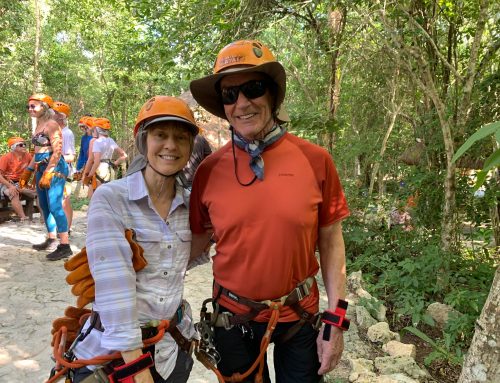In this February’s edition of Psychology Today, I was captivated by an update on theories of why we dream. As a long- time recorder of my dreams when younger, now as a senior I am just glad that I get some unbroken restful sleep! I don’t tend to remember dreams now, although I know there are several episodes during one sleep cycle.
While there have been many theories in Western culture from Freud onwards that seek to explain why we dream, I was surprised to learn that the first major scientific study of typical dreams did not happen until 1958, with a comparison of the content of dreams from Japanese and American students. Astonishingly in studies since then, across at least four countries, the top dream themes are very similar. The top three are 1. Being chased or pursued, 2. Sexual experiences 3. School, teachers and studying 4. Falling. There were only a few percentage differences in gender. Also, there seems to be a lifetime prevalence of these similar themes.
Interestingly, Psychology Today also had a small article by Kelly Bulkeley PhD on her recent research into these Pandemic times where people had anxiety dreams related to finding themselves without a mask, not social distancing, or experiencing risky social behaviors. She sees that these dreams heighten our awareness of how we relate to each other socially and what endangers us as a society.
The two authors Antonio Zadra PhD and Robert Stickgold PhD who both work in major Sleep Institutes, are clear that “it is important to distinguish between the uses we choose to make of the dreams we do remember- for interpretation, personal growth, inspiration or entertainment- and the biological, adaptive functions of all our dreams, including those we do not remember”. Being interested in Neuroscience myself as well as the symbolic functions of my dreams, their new theory called NEXTUP seems to propose some helpful explanation of how dreams work for me. Zadra and Stickgold propose that dreaming involves the extraction of new knowledge from existing information in our everyday experience, by making associations with other memories that are weaker, even if we don’t remember. It’s like the brain asks the sleeper “what if?” which of course we know is a way that our brains rehearse creative connections or prepare for possible danger. The forebrain is interested in making some meaning (no matter how bizarre) and narrative of this information. It seems our brain is helping us to regulate and survive even in dreaming.
I would agree with all the authors; that it can be helpful to understand that dreams can help us regulate emotionally and keep us safe. And it can be comforting to relate a bad dream to friends or family; there might be similarities in the themes in these chaotic times. Feel free to share your dreams with me!






Leave A Comment